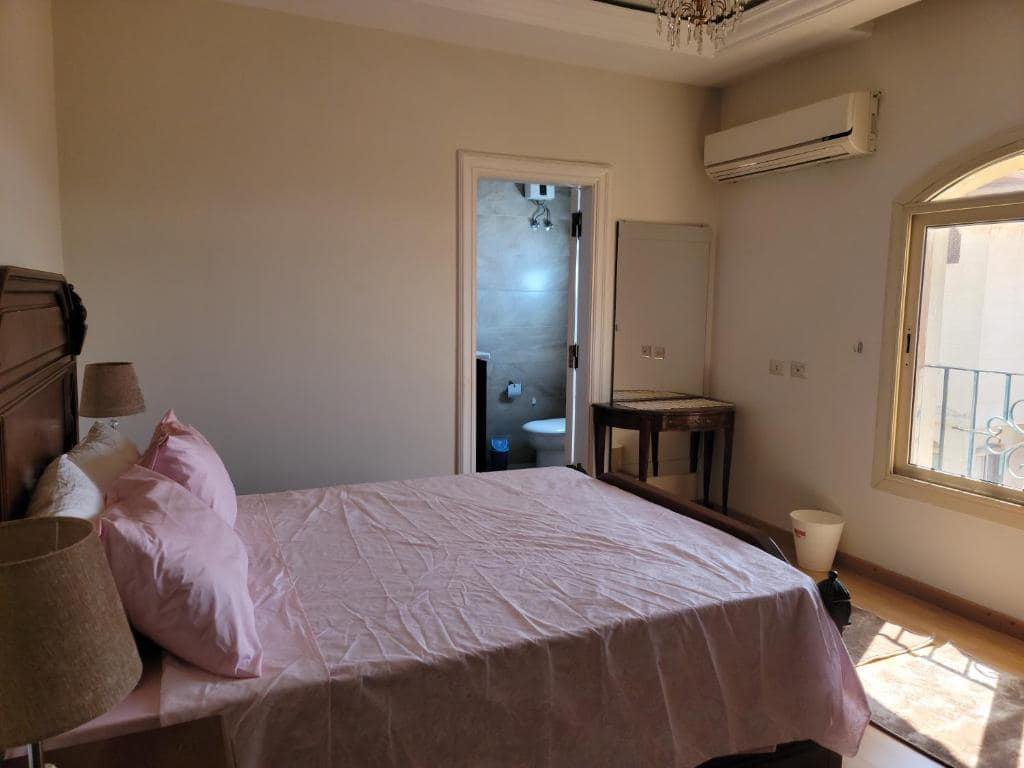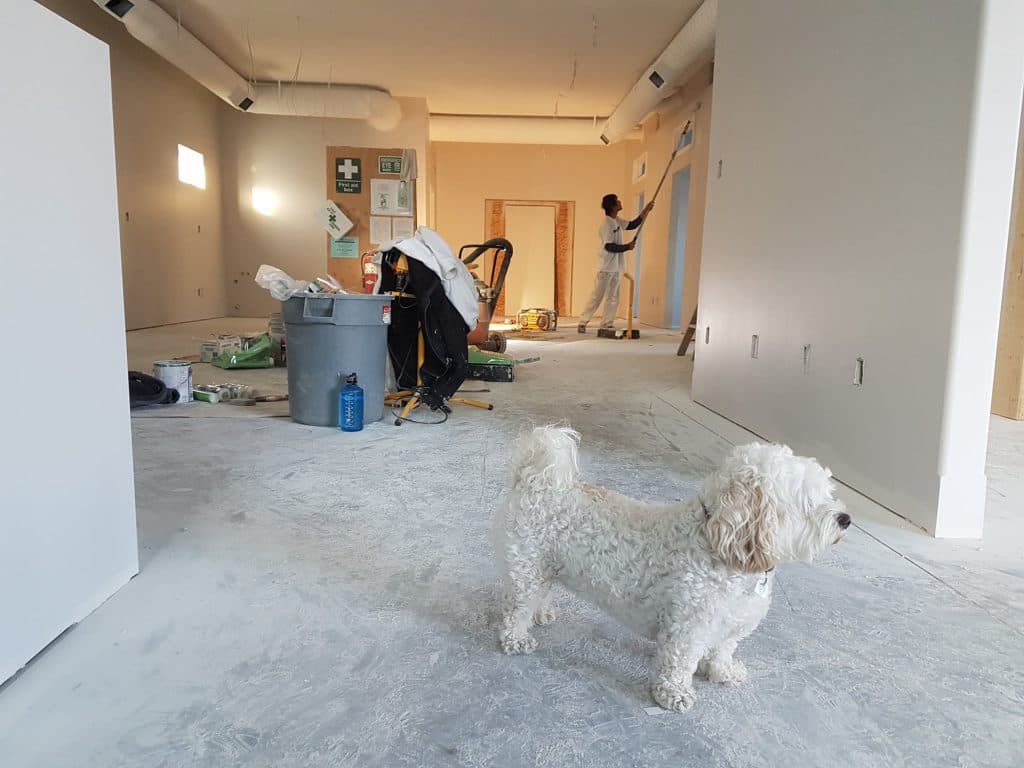Paying rent on time each month is an important financial obligation for any tenant. However, difficulties may arise where a tenant is unable to make their rental payments. A common concern is whether failing to pay rent could result in legal consequences like facing jail time.
In this article, we will explore the question can you go to jail for not paying rent and related considerations.
Can you go to jail for not paying rent?
While not paying rent can lead to eviction and other civil penalties, in most cases tenants do not directly face jail time solely for being delinquent on rental payments. Jail is generally not considered an appropriate response to unpaid debt alone.
However, in uncommon situations where a tenant has repeatedly disregarded court orders to pay outstanding rent, they could theoretically be held in contempt of court and face brief incarceration.

What actions can a landlord take for unpaid rent?
If rent goes unpaid, landlords have legal avenues to recoup costs, such as serving tenants with eviction notices to begin removing them from the property through the court system. Late-paying tenants also frequently incur additional fees like penalties, interest charges on amounts owed, and possible legal and attorney costs for landlords.
Refusal to leave after an eviction may result in monetary damages awarded to the landlord through a civil lawsuit.
Related: What Happens If Your Landlord Goes To Jail?
How can an eviction affect a tenant's credit score?
Credit scores can take a major hit from an eviction, even if no jail time was involved. Rental delinquencies, late payments, evictions and unpaid balances sent to collections all appear on credit reports for up to seven years, making it far more difficult for tenants to rent new housing or acquire approved loans and credit cards. A damaged credit history can be challenging to overcome.
What are a tenants' rights and responsibilities regarding rent payment?
Tenants should have a written lease outlining payment amounts and due dates agreed upon with their landlord. They cannot be forced to pay more than what is specified without agreeing to an amendment.
Local housing laws also regulate security deposits, repairs requests and other aspects of the tenant-landlord relationship.
Open communication and adhering to the terms of the original lease are important for tenants to avoid various legal penalties for non-payment.
How can tenants seek help if unable to pay rent?
Financial assistance programs may provide temporary relief, such as housing choice vouchers, public housing subsidies or emergency funds through charities. Tenants struggling to pay should contact their landlord as soon as issues arise instead of waiting until rent is late to discuss options like a payment plan or applying for social services.
Seeking help proactively increases the chances of avoiding formal eviction proceedings.
What are options for negotiating with landlords?
Tenants can negotiate with their landlord by proposing an reduced payment schedule, security deposit usage or extension until benefits are received.
All agreements should be put in writing to avoid disputes. Being honest about the situation and committed to resolving outstanding balances helps landlords feel cooperative in working out a solution.
What are steps to take if facing housing instability?
In the event negotiations are unsuccessful and eviction seems imminent, tenants should make exploring alternative living arrangements an immediate priority. Temporary options may include staying with family or friends, relocating to a more affordable place, renting a room, seeking shelter housing or even co-housing and roommate sharing communities. Planning ahead can prevent homelessness.
Conclusion
While the prospect of jail time is frightening, in reality a tenant's failure to pay rent will almost never directly result in incarceration. However, various civil penalties relating to credit, debt and eviction do pose serious long-term housing and financial consequences if rental obligations are ignored. With open communication, seeking available aid and quickly finding other living stability solutions if needed, tenants can help prevent their situation from escalating legally while resolving payment hardships.





